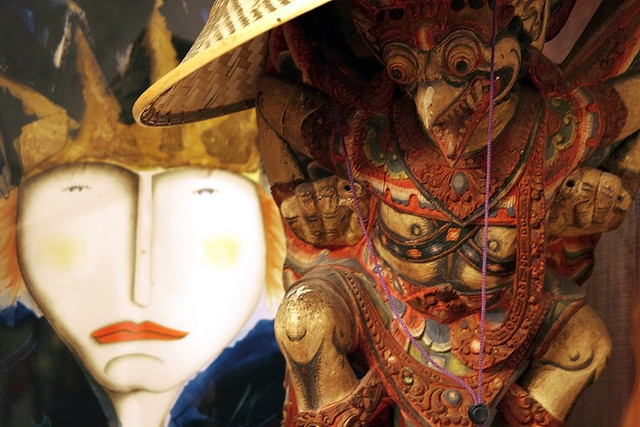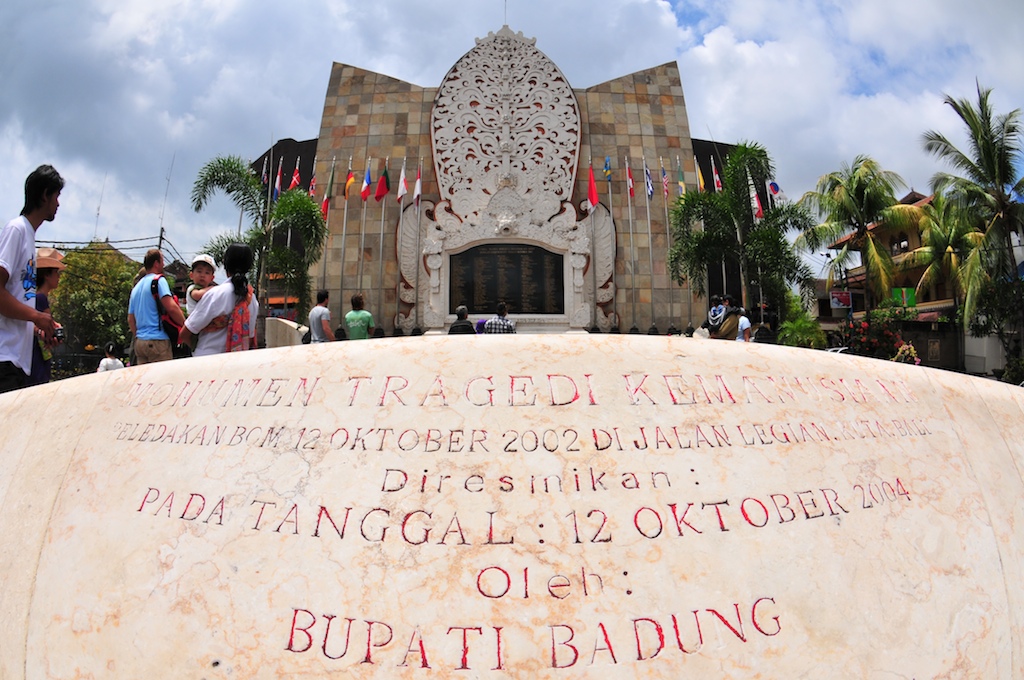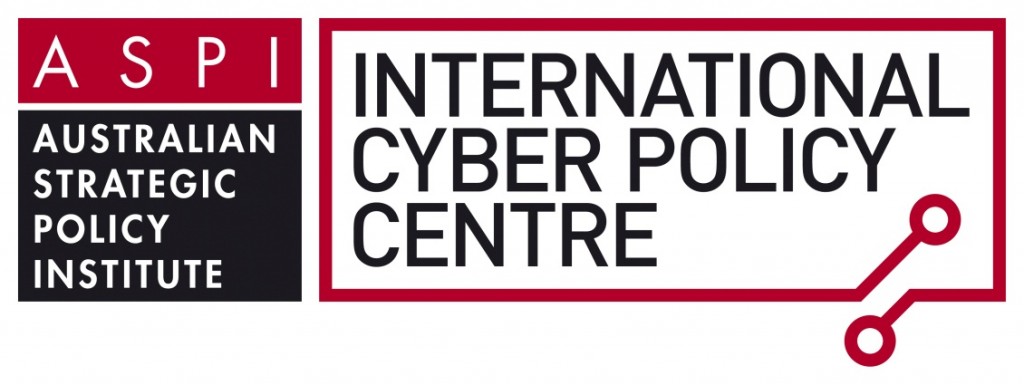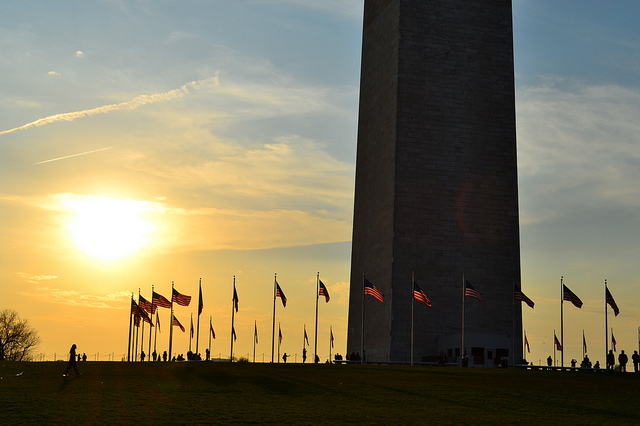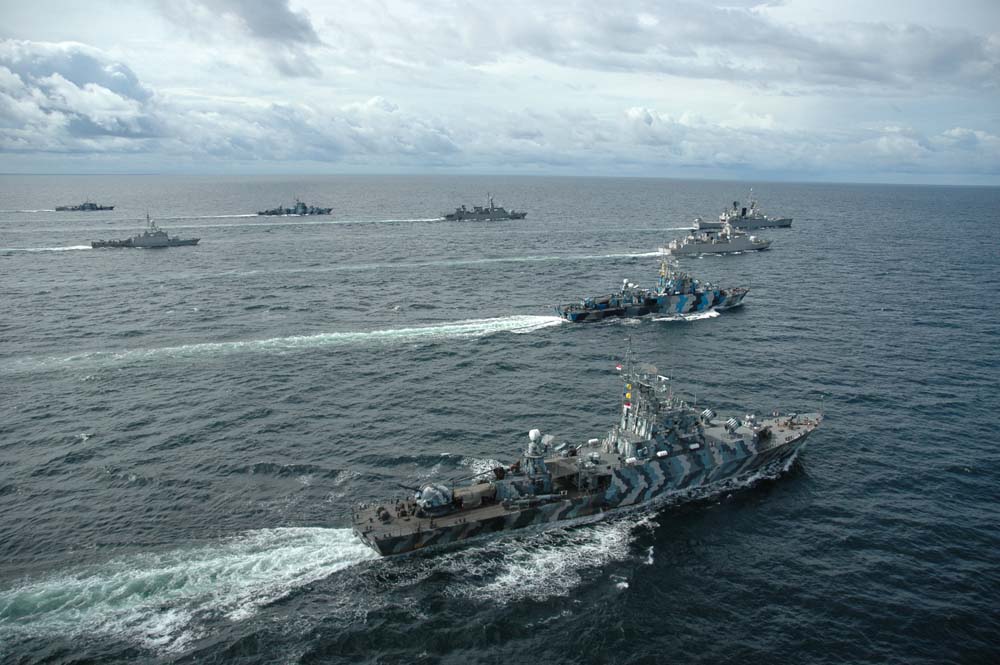Oz and Indonesia
When Australia thinks strategy, it quickly comes to Indonesia.
So it was when the Howard Government was mulling the 2000 Defence White Paper. The National Security Committee of Cabinet was grilling the defenceniks: ‘If Indonesia can’t invade us, why should we buy all these military toys?’
One official produced a map, pointed to the archipelago and island chain arcing across Australia’s north, and asked: ‘What do you see?’
‘That’s Indonesia.’
‘Yes, sir, today it’s Indonesia. Just think what it’d mean if Indonesia broke up and instead this map showed three new Bangladeshes and a couple of new oil-rich Bruneis.’ Read more

